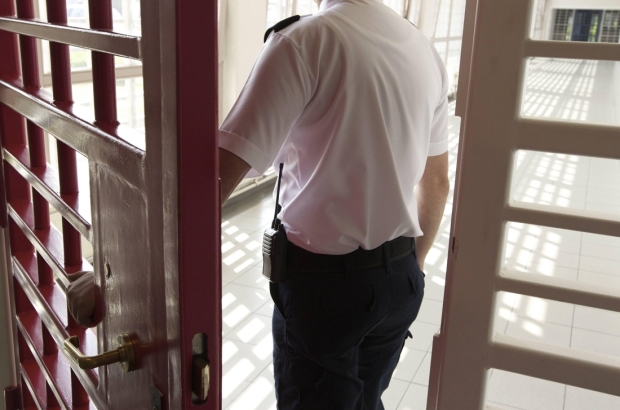- Daily & Weekly newsletters
- Buy & download The Bulletin
- Comment on our articles
Racial profiling, treatment of migrants: human rights report says Belgium has room for improvement
A study by the Federal Institute for Human Rights (IFDH) has concluded that “human rights are not respected for all citizens” in Belgium, with special attention drawn to migrants in particular amid the country’s ongoing refugee crisis.
“In Belgium, human rights are all there on paper, but there are several categories of people for whom these rights are not properly respected,” said IFDH’s director Martien Schotsmans.
"It’s estimated that more than 8,500 judgements relating to the refugee crisis have not been enforced," he added.
"Belgium was condemned by the European Court of Human Rights for the 'systemic failure' of the authorities to enforce judicial decisions relating to the reception crisis, following an appeal by a Guinean asylum seeker seeking accommodation and material assistance to meet his basic needs. When the executive does not respect judicial decisions, it is extremely worrying in a country governed by the rule of law."
The three most vulnerable groups when it comes to human rights violations as identified by IFDH are people interned in psychiatric annexes of prisons, asylum seekers and people in precarious situations.
The IFDH, which was set up in 2019 and has been operational since 2021, plays a role in providing information to the public as well as to political representatives, to whom it issues opinions on various bills and thematic reports from time to time.
The issue of overcrowding in prisons is also of concern to the IFDH, which is working on this issue with the Central Prison Supervision Council (CCSP).
“The authorities have not taken enough initiative to resolve prison overcrowding,” Schotsmans said.
"There's this idea that creating more capacity will solve the problem, but that's not the case. The more capacity you increase, the more you increase the population in prisons.
"The state is putting the responsibility for reducing the prison population on the prisons, whereas the solution must come from the justice services and the way sentences are carried out.”
The Institute is also calling on the Belgian government to ratify the UN Optional Protocol to the Convention against Torture and Other Cruel, Inhuman or Degrading Treatment or Punishment.
“This protocol provides, in particular, for the establishment of an independent body to carry out preventative visits to detention centres in order to draw up an inventory of detention conditions,” explained Schotsmans.
IFDH also criticised Belgium’s lack of an inter-federal plan against racism.
“Each region, with the exception of Flanders, and the federal government have an anti-racism plan, but the absence of an inter-federal plan complicates matters,” said Véronique Ghesquière, head of the policy and monitoring department at Belgian human rights organisation Unia.
“It's clear that if there is a real political will to fight racism, the impact on society will be stronger.”
The UN’s latest assessment for Belgium’s adherence with the Universal Declaration of Human Rights (UDHR), using data from 2021, also calls on the country to make improvements when it comes to the areas IFDH pointed out in its report.
Belgium's most recent UN assessment dates back to 2021, and points to a number of shortcomings in the fight against racism, domestic violence and precariousness.
The country was instructed to “step up efforts to combat racism and all forms of discrimination, particularly in the fields of housing, education and employment,” and to “raise awareness of discrimination [and] racial profiling by law enforcement officials” while continuing to “provide training to police officers to address problems related to the excessive use of force”.
With regard to migration, the UN called on Belgium to “eliminate and prohibit the practice of detaining migrant families accompanied by children”.
The report also mentions the problem of access to affordable housing and the fight against poverty, particularly among children.
Of the 308 recommendations made to Belgium, the country has accepted 251 so far.
Belgium's next universal periodic review will take place in 2026.
Although the UN’s report has no binding legal value for member states, it has been regarded since its adoption in the aftermath of the Second World War as a moral compass that should guide every state.


















